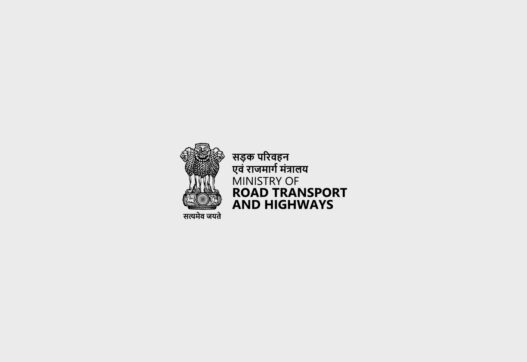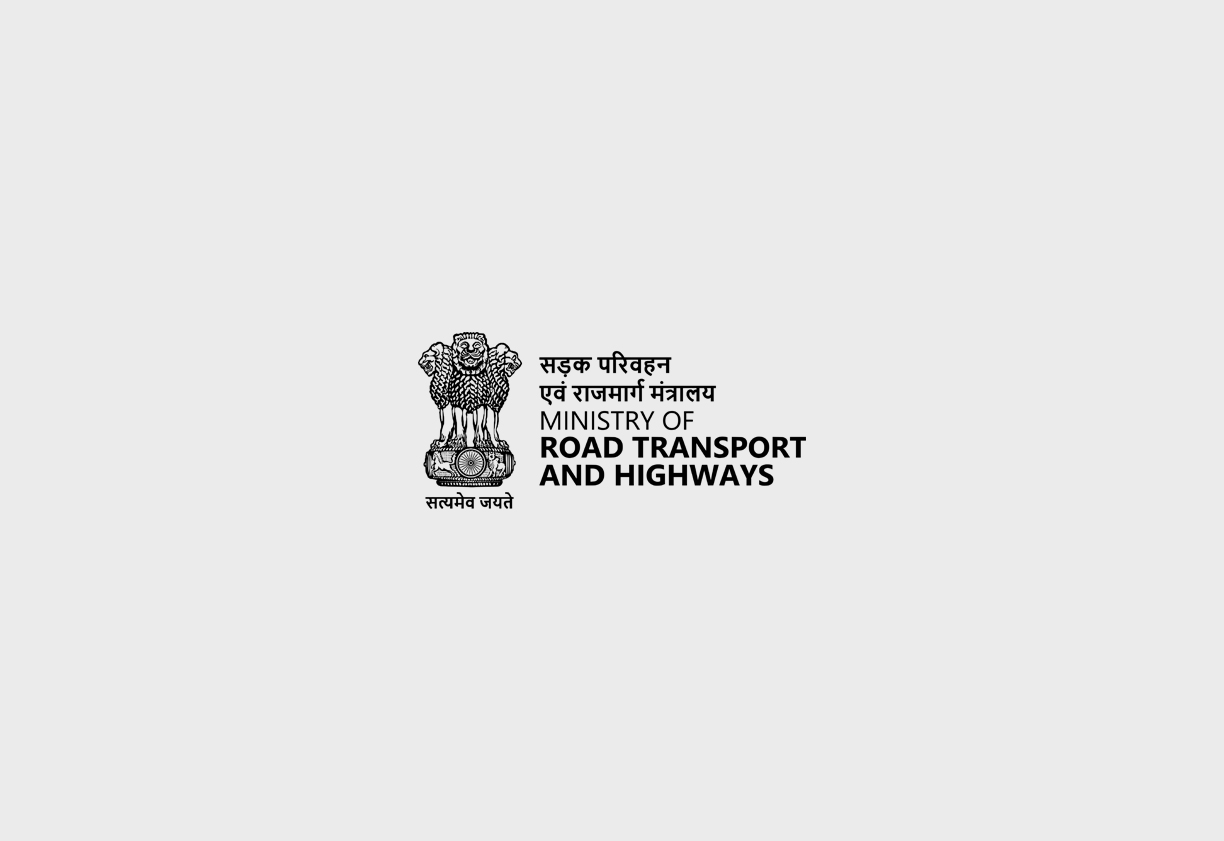Ministry of Road Transport and Highways
The Carriage by Road Act, 2007, was enacted to provide for the regulation of common carriers, limiting their liability, and declaration of value of goods delivered to them to determine their liability for loss of, or damage to, such goods occasioned by the negligence or criminal acts of themselves, their servants or agents and for matters connected therewith or incidental thereto. This act aims to establish a framework for the operation of common carriers and to protect the interests of both carriers and consignors.
Act Background and Ministry:
The Carriage by Road Act, 2007, was enacted to provide for the regulation of common carriers, limiting their liability, and declaration of value of goods delivered to them to determine their liability for loss of, or damage to, such goods occasioned by the negligence or criminal acts of themselves, their servants or agents and for matters connected therewith or incidental thereto. This act aims to establish a framework for the operation of common carriers and to protect the interests of both carriers and consignors. While the Act does not specify a particular ministry, it falls under the purview of the Ministry of Road Transport and Highways in India.
Enactment date, number of chapters, number of sections:
The Carriage by Road Act, 2007, was enacted on September 29, 2007. The Act is structured into 6 chapters and 22 sections. These sections cover various aspects of common carrier regulation, including definitions, registration, liability, penalties, and miscellaneous provisions.
Act Governed By:
The Act is primarily governed by the provisions outlined within its sections. It defines “common carrier,” establishes the requirement for registration, limits the liability of common carriers, and outlines the procedures for filing claims and resolving disputes. The Act also empowers the Central Government to make rules for its implementation.
On Whom it is applicable:
The Carriage by Road Act, 2007, is applicable to all common carriers engaged in the business of collecting, storing, forwarding, or distributing goods by road in India. It also applies to consignors and consignees of goods transported by these carriers.
Penalties/Punishments:
The Act prescribes penalties for various violations, including:
-
Fine which may extend to five thousand rupees for engaging in the business of a common carrier without registration.
-
Fine which may extend to five thousand rupees for contravening provisions related to non-registration or carrying dangerous goods.
-
Other penalties as may be prescribed by rules made under the Act.
Important Pointers:
-
The Act defines “common carrier” and establishes the requirement for registration.
-
It outlines the procedures for obtaining a certificate of registration and for its renewal.
-
The Act limits the liability of common carriers for loss, damage, or non-delivery of goods.
-
It provides for the declaration of value of goods by the consignor.
-
The Act specifies the procedure for issuing goods forwarding notes and goods receipts.
-
It regulates the rates of charge for carriage and provides for the payment of higher rates for goods carried at higher risk.
-
The Act includes provisions for the carriage of dangerous or hazardous goods.
-
It also addresses issues related to liability, claims, and the settlement of disputes.
-
The Act empowers the Central Government to make rules for carrying out the provisions of the Act.
Act Copy:




